Peculiar Families Festival 2023: Interview with Antonia Kuzmanić
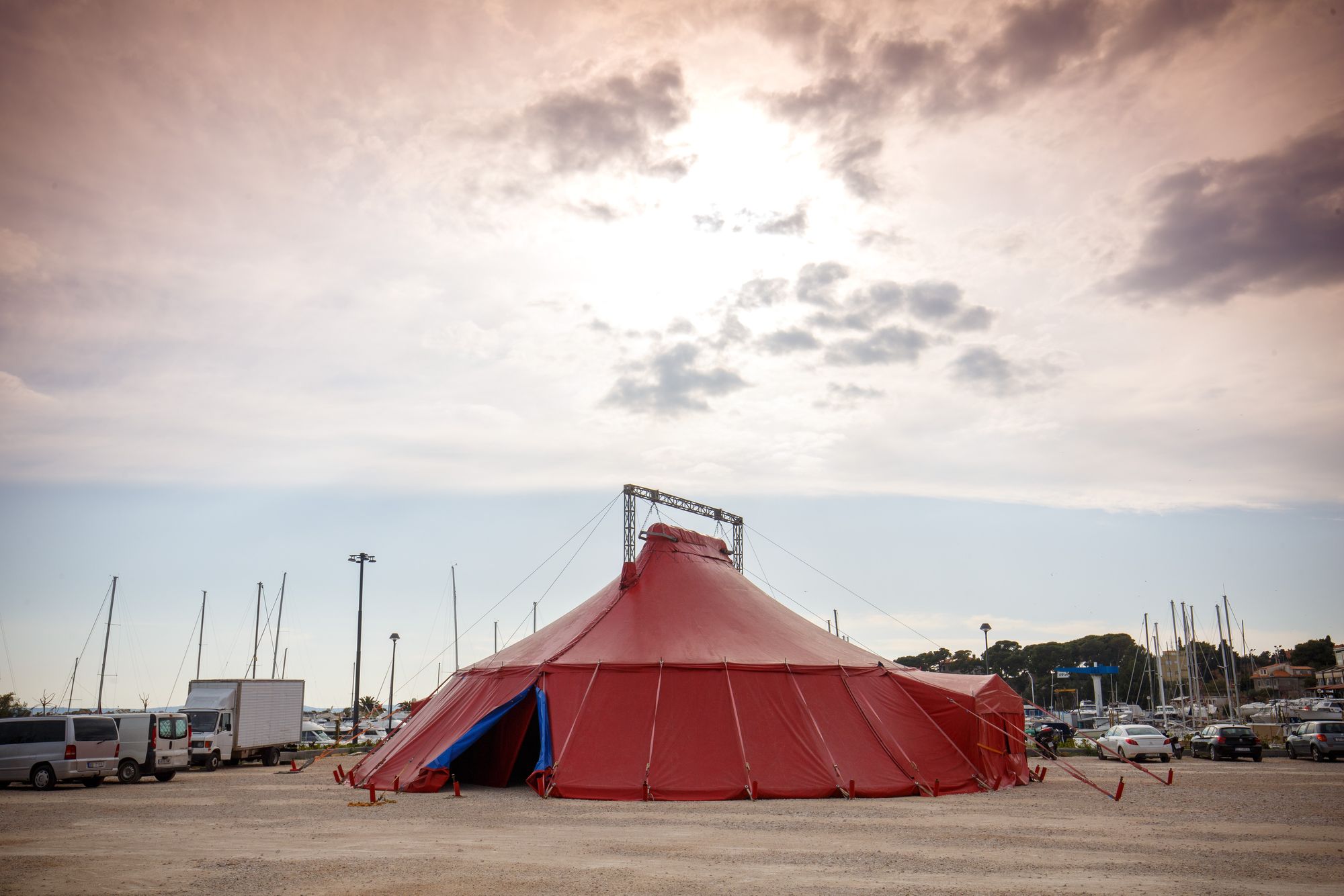
Antonia Kuzmanić is the artistic leader of the contemporary circus collective ROOM 100, residency venue HALA 100 and contemporary circus Peculiar Families Festival based in Split, Croatia. From 18 to 22 April 2023, the festival hosted the Circostrada Network for its annual general meeting. We asked Antonia to share her impressions of this edition to understand better the behind-the-scenes realities that animate the event. Meet the Balkan spirit of today’s contemporary circus.
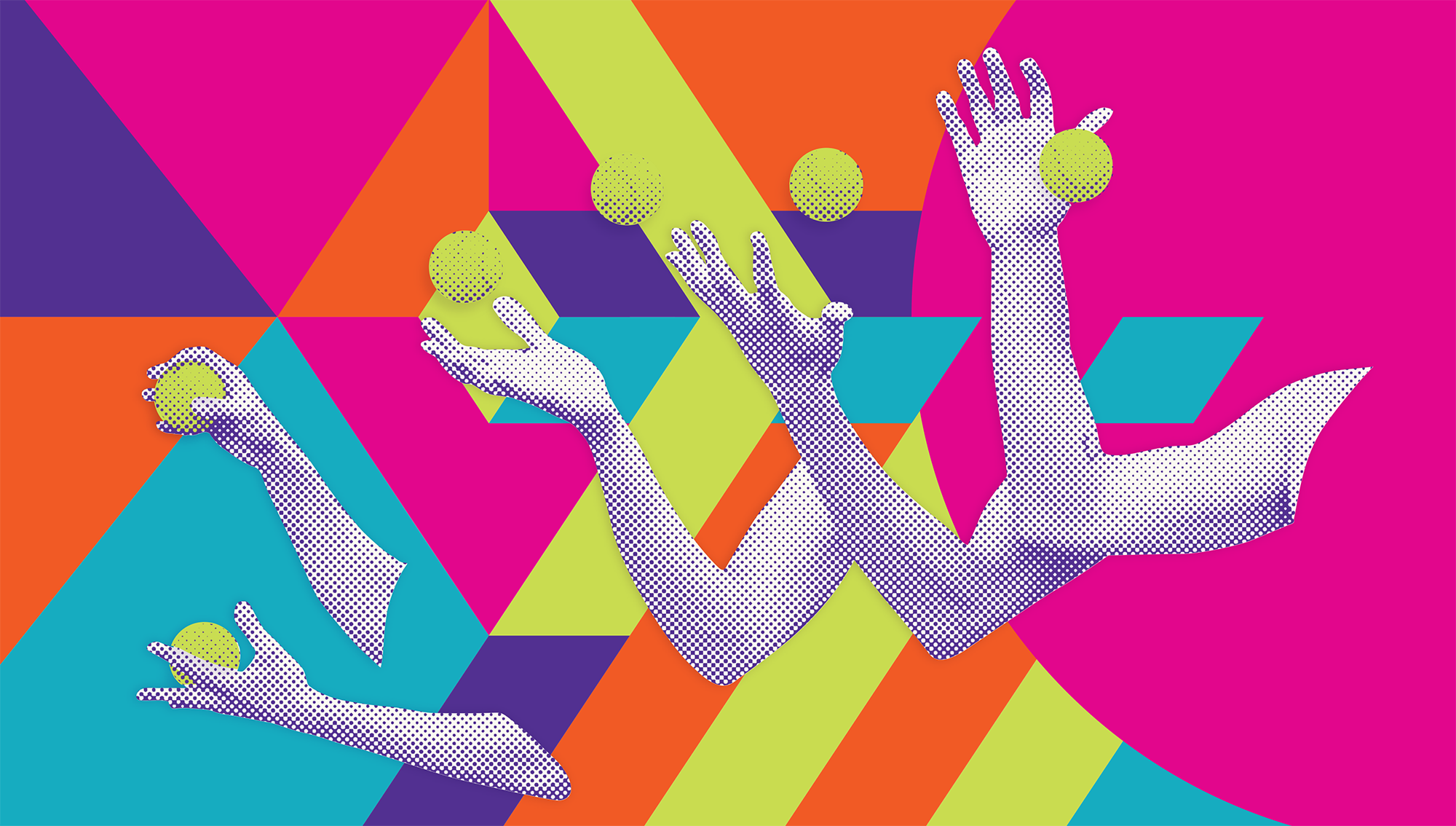
The name of the festival is a word with a valuable meaning. What are the Peculiar Families for you?
AK: There are a couple of layers to the Peculiar Families Festival. The first is our own experience. What does it mean to be a circus artist? We have started our circus careers as circus artists, and we know that the life of circus artists is quite intense. To have a functional collective, you need to have a relationship that is more than a professional, more than a friend relationship, and it's a little family. Uh, also what we like to do and what we like to imagine for the festival is that the audience perceived it as their own. For us, the magic of a circus happens when this energy - between the circus artist and the audience - is transferred. The festival's primary goal is to create this effect: to break the boundaries between the performance, the stage, and the audience area. There is also part of reflecting on the state of society in Croatia, where the right wing is getting stronger, and they are advocating for something they call families. They have a very traditional vision of a family, like a man, a woman, and one or two kids. So, also with the Peculiar Families Festival, we are stating ourselves and branding ourselves as a safe place for those who don't get into this little box of a traditional family in Croatia.
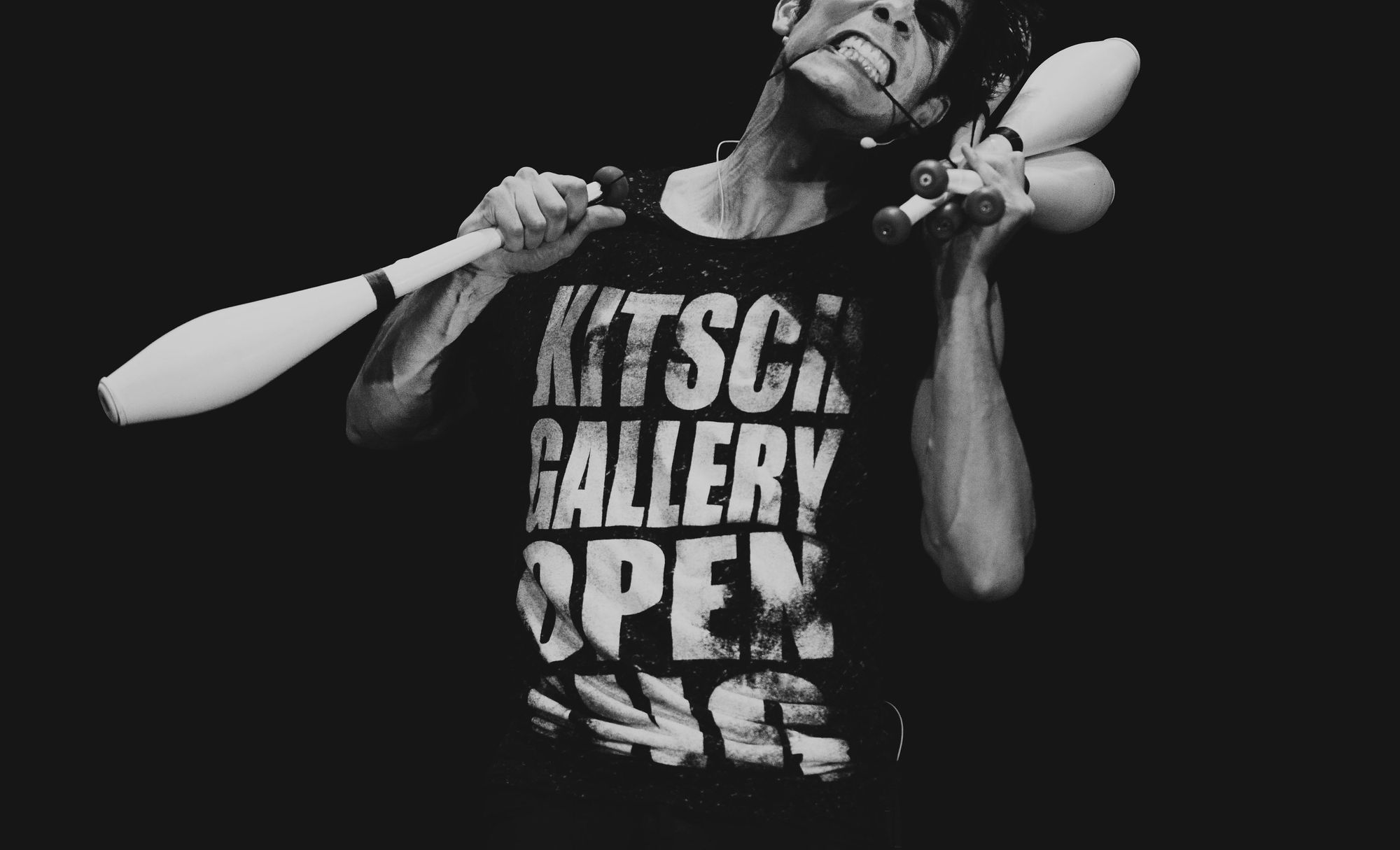
This year, Split welcome its 4th edition and hosts the annual general meeting of Circostrada Network. Tell us about your story and how you started to get there.
AK: So, this year, we have the honour - and quite a mission and an adventure - to host the annual general meeting of Circostrada Network. How did we come to this point? There is a common ground and opinion between the coordination team of Circostrada and the Steering Committee to go beyond and search for the circus on the periphery of Europe. The Balkan region is a context that openly resonates with this perception. We are honoured that we got the chance to host the annual general meeting, and having more than a hundred people registered and attending shows is bringing rising interest in this area. We are excited that circus artists, producers and workers in contemporary circus and outdoor arts could explore and learn about the regional and national reality.
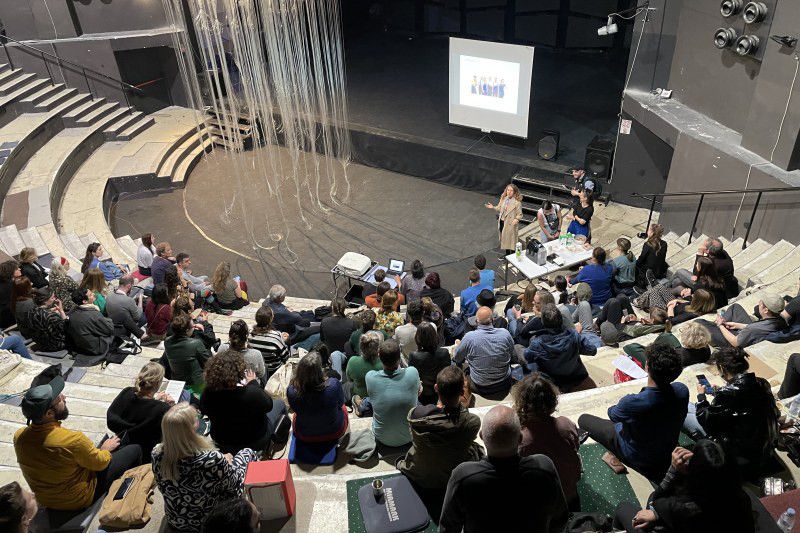
Cirkusfera from Belgrade and Cirkorama from Zagreb actively contribute to ROOM 100 activities. Is Balkan Circus a synonym for cooperation, and how did you make this happen?
AK: Peculiar Families Festival and ROOM 100 would have never taken the risk and adventure of hosting the general meeting without the guidance of Circostrada and the cooperation with Cirkusfera and Cirkorama. For the last five years, we have been collaborating on the majority of things that each of the organisations is doing. It became very natural to us because we have limited resources in any possible way. Finances, people, venues, possibilities. The only way to tackle this reality is to join forces. So, we are much stronger if we are together at that, and we can achieve much more if we collaborate daily. It is what is happening: We are collaborating in daily communication, planning together and executing together.
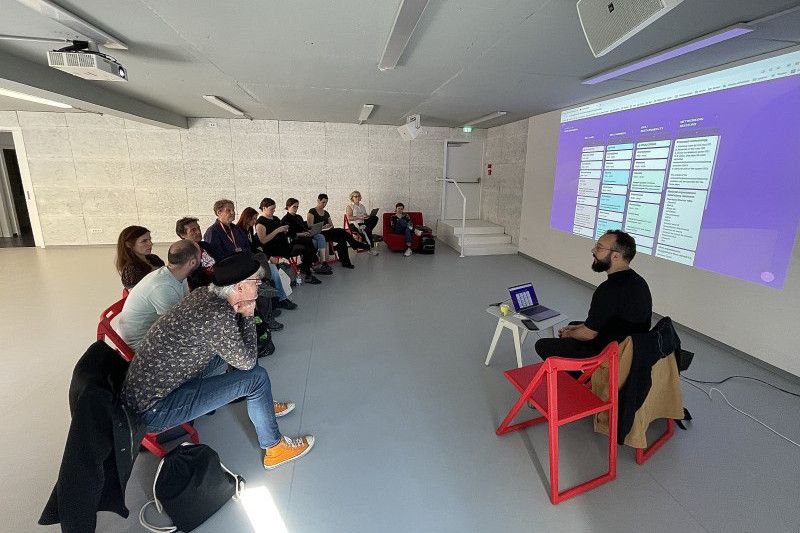
As a Circostrada member for a long time, what are you learning as a professional through this commitment journey?
AK: ROOM 100 has been an active Circostrada member since 2016, and I have been elected to the Steering Committee since 2018, constantly learning a lot from my colleagues, especially those included frequently in a lot of brainstorming, thinking, and decision-making. I like the essence of the sharing mechanism, and because we confront information about the state of circus and outdoor arts in Europe from several points of view, I am learning a lot through these processes. It is not just about the diversity of realities but their topics, raised in different countries and organisations.
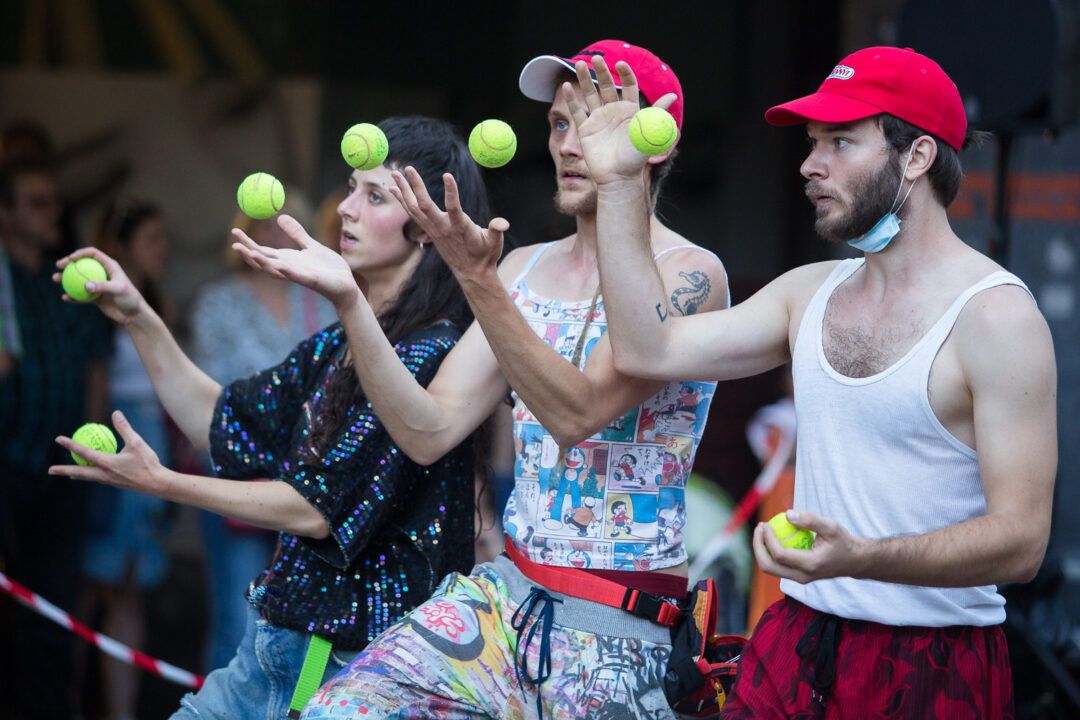
The festival program is also an insight into the current regional scene, with a selection of international shows. What is the balance beyond your 2023 artistic proposals?
AK: Because of the Circostrada international circus colleagues visiting Split this year, we also changed the festival programming and grew quite a lot. Last year, we had five performances. This year, we are hosting 19, including the work-in-progress presentation of the two weeks of residency Circus Without Circus projects and the regional creations we support in residency. In the first three years, the program proposed international artists with a slot dedicated to regional and national ones. In the 2023 edition, we brought one Spanish, one French company and one artistic proposition from Hungary that we thought interesting; all the rest are Balkan projects. The festival is an overview of what is happening in the region. We support emerging and more experienced artists, but none with an established international career. This is how we present ourselves: inside the role of being a platform to go beyond our borders and increase their international touring opportunities. And we hope they will achieve this goal after the festival.
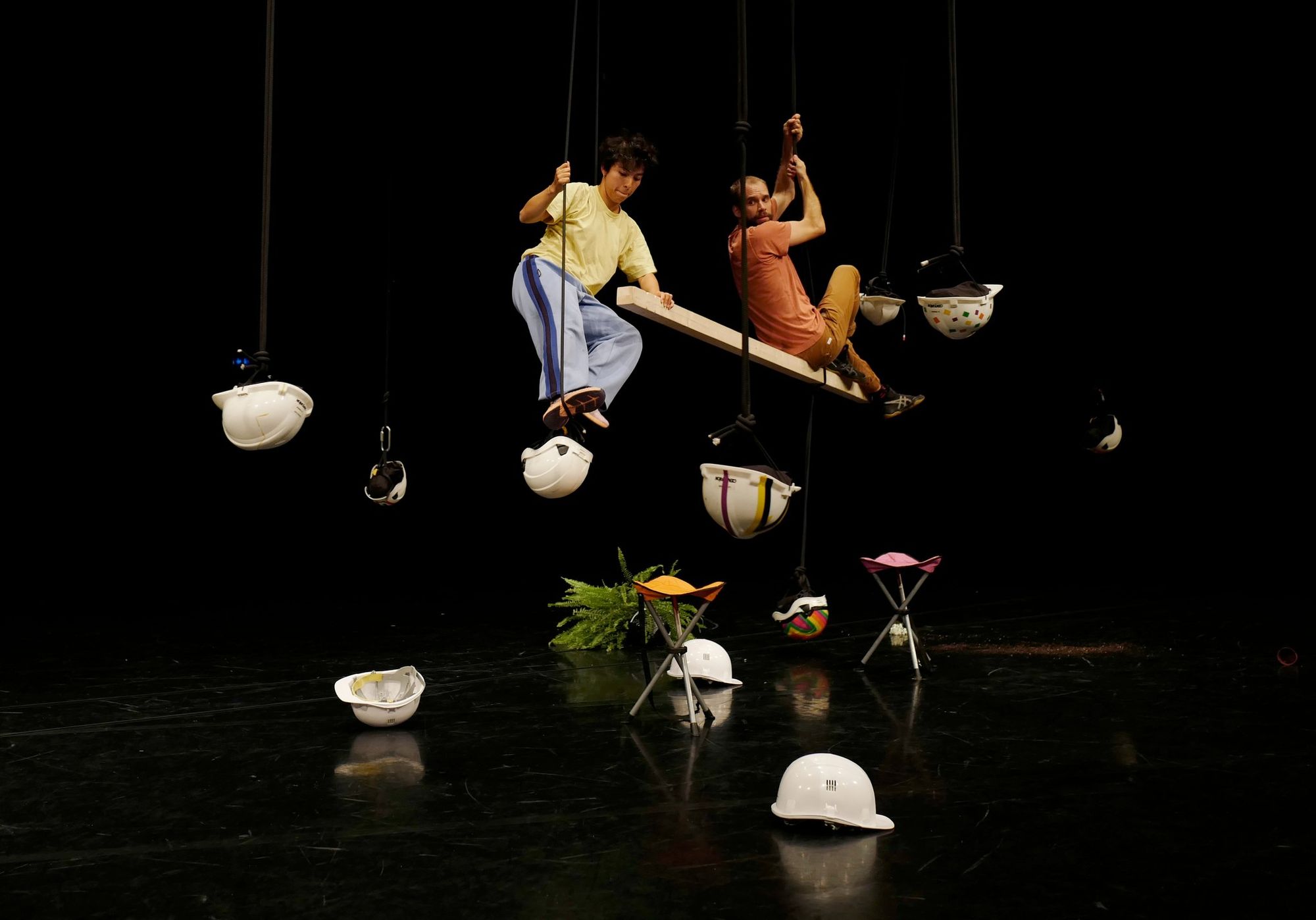
Your organisation is a partner of the Circus Without Circus residency program, and the festival hosts the results of the EU project. Why is it necessary for you to support the exchange between different artistic disciplines?
AK: As ROOM 100, we participated in Circus Without Circus, an interdisciplinary residency programme organised by four (and four associated ones) partners and co-funded by the Creative Europe Programme of the European Union. I enjoyed the artistic freedom of the circus participants in collaborating with artists from other fields – music, film, dance, theatre, design, architecture, and visual arts - that they previously did not know and would have never collaborated with if not for the project. Sometimes, I feel the circus sector is a little stuck in creativity, and I am looking for new, fresh, and innovative approaches. Opening it to different artistic fields allows new partnerships. Bringing innovation from different art methods in future circus productions is an example of shaking practices in the minds of circus artists to get inspired by other art creations. Giving paid research opportunities can be a luxury. But it is also paradoxically fundamental to get the vitality of artistic creation, not compressing the delivery of presentations under pressure.
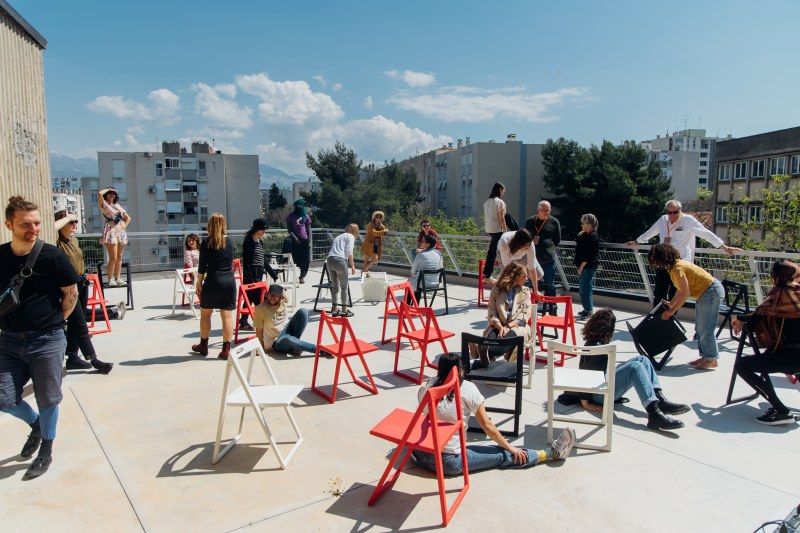
Participating in the meeting, we discovered Split. What is the actual spirit of the city in hosting a contemporary circus event?
AK: Visitors can witness the tourist side of the city. We have already written about the city's gentrification and touristic transformation. This edition’s editorial explains the meaning of culture and underlines the process of contrasting a capitalistic approach with the community response. We located on purpose the festival outside of the city centre. We installed the circus tent at the bay next to the beach and hosted the other performances in two different cultural buildings with a significant past. As a local, born and raised in Split, I had quite a difficult time seeing how the city is "evolving". I could say that it is more "consumed", slightly destroyed by the not strategic development of tourism. Prices have risen and shocked some foreigners because we are not a rich country. The actual prices suit those involved in the tourist business and can afford to live in the city centre. Split is an old town with a fascinating historical background, unique and beautiful; nature is generous and lovely. Those are the pros and cons of living and working from here nowadays.
Read more about the contemporary circus sector in Croatia and the region in Circostrada’s dedicated publication.
